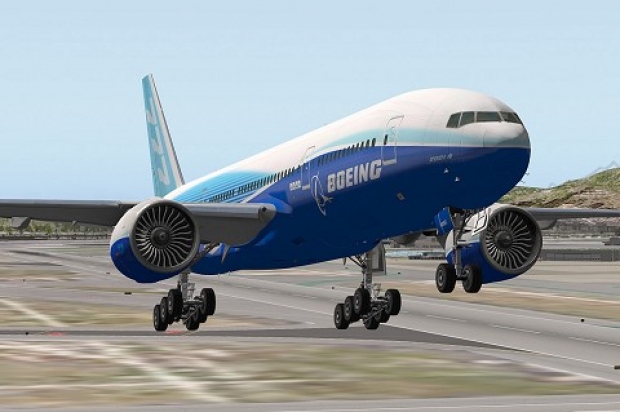Mike VanderWel, chief engineer at Boeing Commercial Airplane production engineering, sent out an alarming memo calling for "all hands on deck" after the virus hit.
Apparently, the virus is spreading across the company, and 777 (automated spar assembly tools) may have gone down, VanderWel wrote.
He was concerned the virus will hit equipment used in functional tests of aeroplanes ready to roll out and potentially "spread to aircraft software".
Indicating widespread alarm within the company at the potential impact, VanderWel said the attack required "a battery-like response" - a reference to the 787 in-flight battery fires in 2013 that grounded the world's fleet of Dreamliners and led to an extraordinary three month long engineering effort to find a fix.
Later Boeing denied that there was much in the way of a problem. Linda Mills, the head of communications for Boeing Commercial Airplanes said the company had done a final assessment and in the end, the vulnerability was limited to a few machines.
"We deployed software patches. There was no interruption to the 777 jet programme or any of our programmes.”
She added that the attack was limited to computers in the Commercial Airplanes division and that the military and services units were not affected.
“To the best of our knowledge", she said, the crisis is over, and the attack did no significant damage.
For those who came in late, the WannaCry virus exploits a flaw in Windows software to gain access to a network, attacks computers using “ransomware”.
It was designed to lock users out of their data by encrypting files until they pay a fee, sometimes in cryptocurrency, or another type of ransom.

